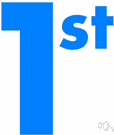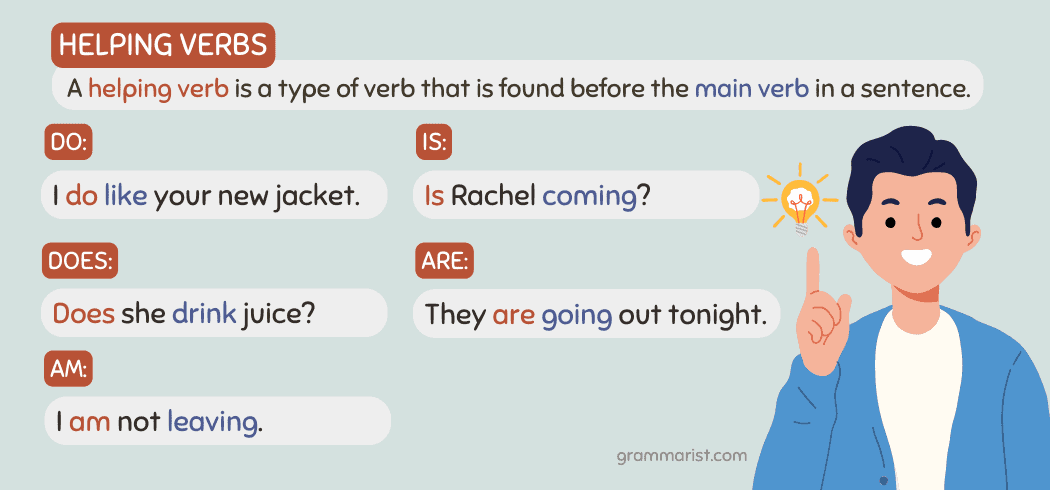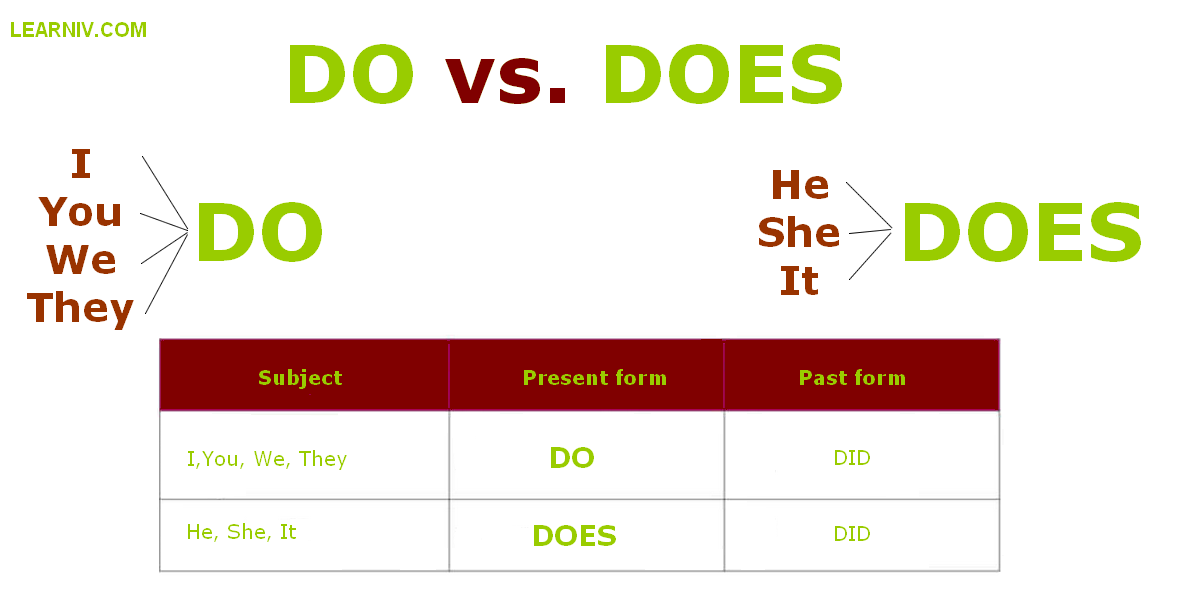How to Find Job Leads: Strategies Using Employment Agencies, Career Fairs, and Internet Ads
Introduction: Unlocking New Employment Opportunities
Finding the right job can feel overwhelming, especially with so many sources of information available. Employment agencies , career fairs , and Internet ads each offer unique pathways to discover job leads , giving job seekers a competitive edge in today’s market. Understanding how to use these resources-individually and in combination-can significantly improve your chances of finding suitable employment opportunities. This guide provides in-depth, actionable steps for leveraging each approach, with real-world examples and practical alternatives, ensuring you access the most relevant and up-to-date job leads available.
Section 1: Leveraging Employment Agencies for Job Leads
Employment agencies serve as intermediaries between employers and prospective employees, helping to match candidates with available positions based on their skills, experience, and career goals. These agencies often have access to exclusive job leads not publicly advertised, making them a powerful resource for job seekers.
For example, many staffing agencies specialize in specific industries, such as healthcare, IT, or manufacturing, allowing you to work with recruiters who understand your field’s nuances. To utilize employment agencies effectively, consider the following step-by-step process:
- Identify reputable agencies relevant to your industry. You can search for “staffing agencies” or “employment agencies” along with your city or industry specialization.
- Register online or in person . Most agencies allow you to create a profile and upload your resume through their official websites or offices.
- Participate in an initial interview . Be prepared to discuss your experience, skills, and desired roles so the agency can match you with appropriate job leads.
- Stay proactive . Follow up regularly with your agency contact, update your profile with new skills or certifications, and express continued interest in available roles.
Some well-known national agencies, such as Adecco, Randstad, and Robert Half, have verifiable websites and broad employer networks. For the most accurate and current agency contact information, search for the company name and your city or region. You can also consult your local Department of Labor or workforce development board for a list of licensed, reputable agencies in your area.
Potential challenges include agency placement fees (for certain industries) or limited openings in highly competitive fields. In such cases, consider expanding your search to include multiple agencies and supplementing your efforts with other methods described below.
Section 2: Maximizing Job Leads from Career Fairs
Career fairs-whether in-person or virtual-provide direct access to multiple employers, often representing a wide range of industries. These events can yield numerous job leads in a single day. Attendees can network with recruiters, learn about company cultures, and sometimes interview for positions on the spot.
To make the most of career fairs, follow these implementation steps:

Source: impactservices.com.au
- Research upcoming events . Use search engines to locate “career fairs near me” or consult local colleges, universities, workforce centers, or chambers of commerce for event listings.
- Register in advance if required. Virtual fairs often require pre-registration through official platforms; in-person events may allow walk-ins, but early sign-up is recommended.
- Prepare your materials , including several copies of your resume, a professional outfit, and a short introduction about yourself.
- Engage with company representatives . Ask about current openings, company culture, and application procedures. Take notes for follow-up.
- Collect contact information for recruiters and company representatives. After the event, promptly send thank-you emails and submit formal applications for positions of interest.
Virtual career fairs have become increasingly common. Many are promoted through job board sites such as Indeed, Monster, or ZipRecruiter, all of which have verified, accessible websites. For additional information, you may also consult the official websites of your local workforce development board or university career center [1] .
Common challenges include high competition for popular positions and limited time with recruiters. Overcome these by preparing targeted questions, practicing your pitch, and following up with personalized messages after the event.
Section 3: Harnessing Internet Ads for Job Leads
Internet ads-such as those found on job boards, company career pages, and social media platforms-are a prolific source of job leads . These ads can range from broad postings on major job boards to highly targeted listings based on your location, skills, and interests.

Source: pandadoc.com
To effectively use Internet ads for your job search, consider these steps:
- Identify reputable job boards . Sites like Indeed ( https://www.indeed.com ), Monster ( https://www.monster.com ), and ZipRecruiter ( https://www.ziprecruiter.com ) are established, accessible, and frequently updated.
- Create a detailed profile and upload your resume. Many platforms allow you to set job alerts based on preferred roles and locations.
- Search using specific keywords related to your skills or desired position. Use filters to refine by location, salary, and company type.
- Apply directly through the job board or, when possible, via the employer’s official website. Always verify URLs before submitting personal information.
- Be proactive in your applications . Consider reaching out to company recruiters through LinkedIn or the company’s official contact channels when appropriate.
Some organizations also post jobs exclusively on their own websites. If you are interested in a particular company, search for its “careers” or “jobs” page directly from the official homepage. Most large employers have a verified, easily accessible career section.
Internet ads are highly accessible, but job seekers should remain vigilant against scams. Only respond to postings from reputable sites and never provide sensitive information unless you are sure of the employer’s legitimacy. For added security, consult consumer protection resources such as the Federal Trade Commission’s guidance on job scams [2] .
Section 4: Integrating Multiple Sources for Maximum Results
No single method guarantees success in the job search. To maximize your chances of finding quality job leads , integrate the resources described above. For example, you can:
- Work with several employment agencies while simultaneously attending career fairs and applying to positions found via Internet ads.
- Leverage networking at career fairs to discover unadvertised openings, then follow up with applications on company job boards.
- Use Internet ads to identify active employers, then connect with their recruiters at upcoming career fairs or through agency referrals.
Each pathway presents unique challenges. Employment agencies may have limited immediate openings in your field, career fairs can be highly competitive, and Internet ads are sometimes saturated with applicants. By diversifying your approach and remaining organized, you increase your exposure to a broader range of opportunities.
If you encounter barriers (such as limited local events or agency options), consider utilizing remote job boards or virtual career fairs, which have expanded significantly in recent years [3] . Additionally, networking-both in-person and online-remains one of the most effective ways to uncover hidden job leads.
Section 5: Step-by-Step Guidance for Accessing Job Leads
To access the opportunities provided by employment agencies, career fairs, and Internet ads, follow this comprehensive process:
- Research and list local and industry-specific employment agencies. Register with at least two to maximize leads.
- Identify upcoming career fairs in your area or relevant virtual events. Prepare your resume and register early.
- Set up accounts on at least three major job boards. Complete your profiles and set up personalized job alerts.
- Track all applications, agency contacts, and fair interactions in a spreadsheet or job search journal.
- Follow up promptly on every job lead, sending thank-you notes and requesting feedback where possible.
- Remain cautious and verify any unfamiliar employer or opportunity before sharing sensitive personal information.
For additional support, consult your local public library, workforce development office, or university career center. Many of these organizations offer free job search workshops and resources.
Summary and Key Takeaways
Employment agencies, career fairs, and Internet ads are all valuable sources of job leads . By combining these approaches, staying proactive, and using only reputable resources, you can access a wide range of employment opportunities. If you encounter obstacles, alternative pathways and support from official agencies and career centers are available. With persistence and a multi-channel approach, your chances of finding the right job increase significantly.
References
[1] CareerOneStop (2024). Job Fairs – How to Find Events Near You.
[2] Federal Trade Commission (2024). Job Scams – How to Avoid Them.



